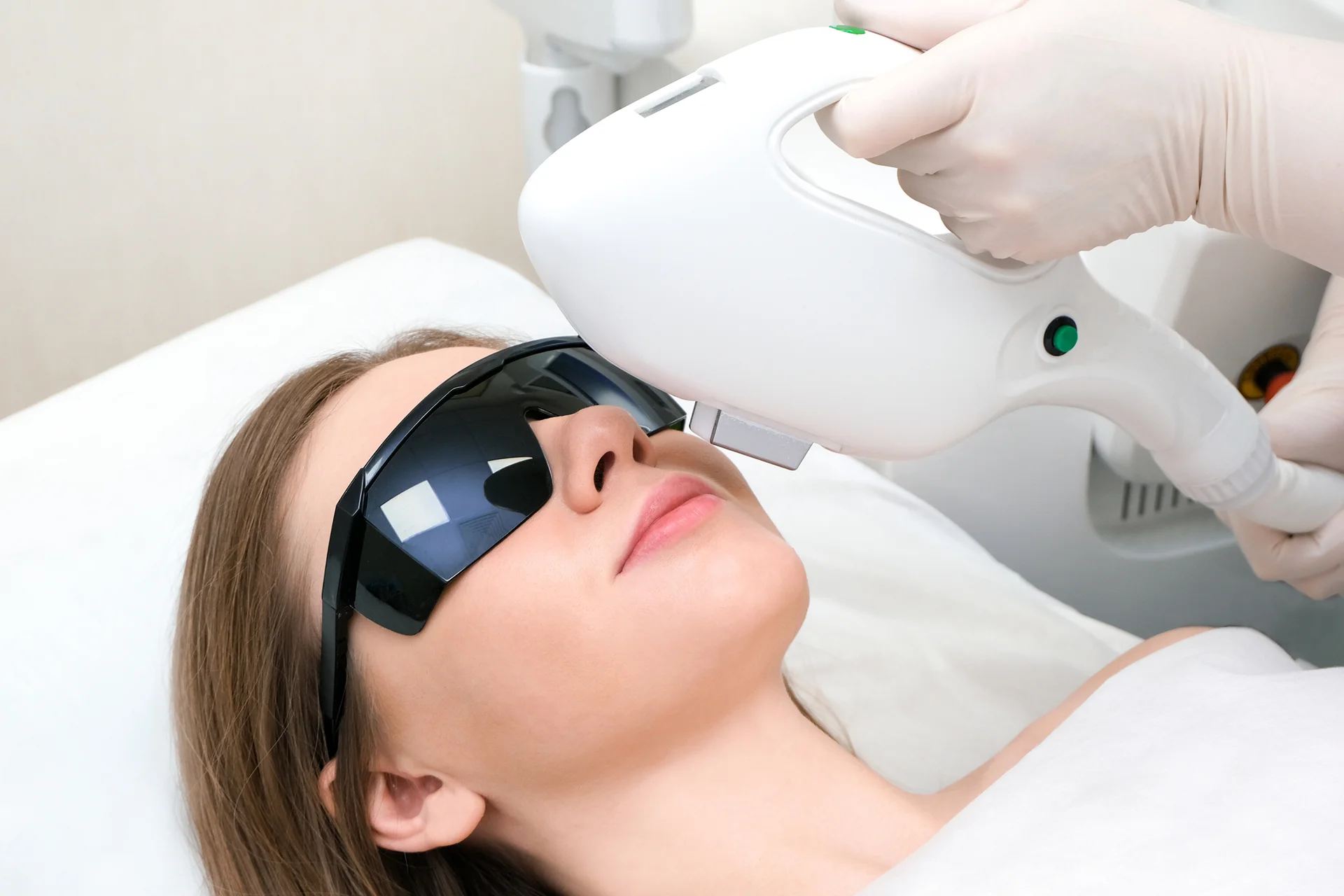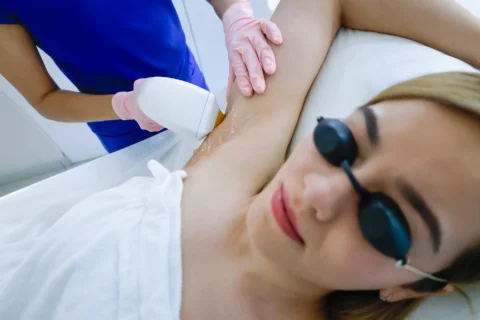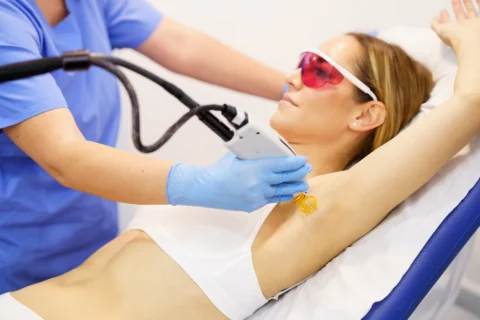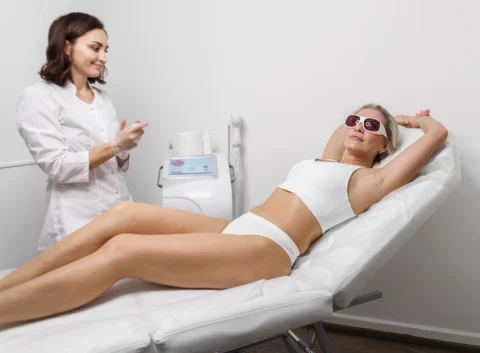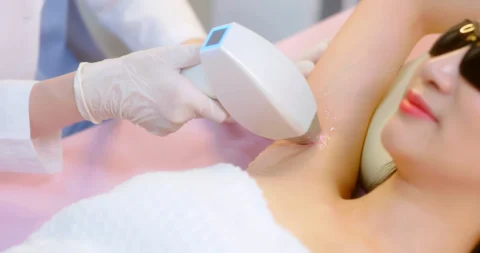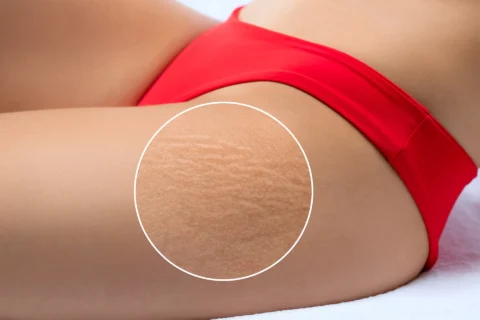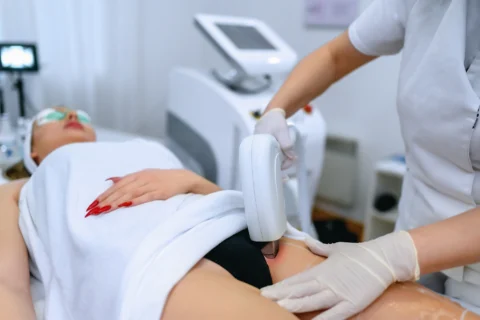Discover the ins and outs of laser hair removal for your nose. Say goodbye to unwanted hair with this comprehensive guide.
Have you ever thought about why we even have nose hair?
Maybe you’ve wondered if there’s a way to get rid of those tiny, annoying nose hairs.
Well, here’s the burning question: Is laser hair removal a safe and effective solution for those pesky nose hairs?
Let’s dive into the details of nose hair removal and uncover the mysteries of this aspect of personal grooming.
The Role of Nose Hair

Nose hair acts as a natural air filter, trapping dust, pollen, and other particles, preventing them from entering your respiratory system. This function reduces the risk of asthma and other respiratory conditions.
The two types of nose hair, vibrissae and cilia, work together to efficiently trap and move particles, keeping your airways clear.
Is it safe to remove nose hair?
After understanding the vital role of nose hair in protecting your respiratory health, it’s important to consider the safety of removing it and the potential complications that may arise.
Safe Methods for Removing Nose Hair:
- Trimming with small scissors or a specialized trimmer.
- Using depilatory creams designed for facial use.
- Professional laser hair removal by a trained specialist.
What Is Laser Nose Hair Removal?
Laser nose hair removal is a highly effective and long-lasting treatment that utilizes advanced laser light technology to target and eliminate unwanted hair follicles within the nasal passages.
The process involves destroying the hair follicles, providing semi-permanent results. It’s important to seek a licensed professional for safety and effectiveness. The cost and number of treatments required for optimal results may vary based on individual needs.
| Process | Benefits | Considerations |
| Laser light technology targets hair follicles | Provides semi-permanent results | Seek a licensed professional |
What Is the Process for Laser Hair Removal?

If you’re considering laser hair removal, understanding the process is crucial for achieving the best results and ensuring a comfortable experience.
The process involves:
- Preparing the skin and hair for treatment
- Using cooling and numbing techniques to minimize discomfort
- Requiring multiple sessions for optimal results.
Understanding the differences between vellus and terminal hairs is important, as well as being aware of the costs and potential risks associated with the treatment.
How to Prepare for Laser Nose Hair Removal
Before undergoing laser nose hair removal, it is crucial to schedule a consultation with a certified and licensed laser technician to ensure the procedure is suitable for you. Here are important steps to prepare for laser nose hair removal:
| Step | Description |
| Sun Avoidance | Stay out of the sun to prevent skin damage. |
| Medication Avoidance | Refrain from certain medications that can affect the treatment. |
| Grooming | Follow specific instructions for grooming and preparing the nose hairs. |
Nose hair removal methods
To maintain proper grooming and hygiene, understanding the various methods of nose hair removal is essential for achieving safe and effective results.
Here are three common methods:
- Scissors: Precise but risky if not careful.
- Nose hair trimmers: Safe and convenient for regular maintenance.
- Laser hair removal: Offers long-term reduction but requires professional expertise.
Each method has its benefits and potential risks, so choose wisely for a hassle-free grooming routine.
Is Nasal Hair Removal Only A Concern For Men?
Nasal hair removal isn’t solely a concern for men; it can also significantly impact women due to genetic factors and hormonal changes, extending the conversation from the various methods of nose hair removal previously discussed.
Women may need nose hair removal due to unwanted hair growth caused by hormonal disturbances.
However, it’s important to note the risks associated with nasal hair removal, including ingrown hairs and nasal vestibulitis, which can affect both men and women.
Do Women Need Nose Hair Removal?

Women’s need for nose hair removal may arise due to hormonal disturbances, leading to unwanted nasal hair growth that can be effectively addressed through various treatment options, including laser hair removal.
Here are the reasons why women may seek nose hair removal:
- Hormonal changes can cause increased nose hair.
- Laser hair removal offers a painless and permanent solution.
- Women may benefit from the confidence and hygiene that comes with nose hair removal.
What Causes Nasal Hair Growth?
Factors contributing to nasal hair growth include androgen levels and hormonal changes during puberty and adulthood.
Increased production of male hormones leads to dark, long terminal hairs replacing vellus hairs.
Genetic and hormonal factors may also play a role in nasal hair growth for both men and women.
Methods to avoid
If you’re considering ways to manage nose hair, it’s important to be aware of certain methods to avoid due to potential risks and discomfort.
Plucking, waxing, and using depilatory creams can lead to irritation, ingrown hairs, and even infection. Similarly, using pointed scissors can result in cuts and nicks.
It’s best to steer clear of these methods to ensure the safety and well-being of your nasal area.
Frequently Asked Questions
Are There Any Potential Side Effects or Risks Associated With Laser Nose Hair Removal?
When considering laser nose hair removal, potential side effects may include redness, swelling, and temporary discomfort. Risks can include burns, scarring, or changes in skin pigmentation. It’s crucial to consult with a qualified professional for personalized advice.
Can Laser Nose Hair Removal Be Performed on Individuals With Sensitive Skin or Skin Conditions?
Yes, laser nose hair removal can be performed on individuals with sensitive skin or skin conditions. However, it’s important to consult a dermatologist before proceeding to ensure the treatment is safe and suitable for you.
Is There a Recommended Frequency for Laser Nose Hair Removal Treatments?
For best results, you should follow the recommended frequency for laser nose hair removal treatments, typically every 4-6 weeks. Consistent sessions are key to achieving long-lasting hair reduction. Consult with a professional for personalized advice.
Are There Any Long-Term Effects or Implications of Removing Nose Hair With Laser Treatments?
Removing nose hair with laser treatments can result in potential long-term effects such as irritation, dryness, and increased sensitivity in the nostril area. It’s important to consult with a professional to understand the implications before proceeding.
Can Laser Nose Hair Removal Be Performed on Individuals With Allergies or Sinus Issues?
Yes, laser nose hair removal can be performed on individuals with allergies or sinus issues. However, it is crucial to consult with a qualified professional to ensure the procedure is safe for your specific condition.
Final Thoughts
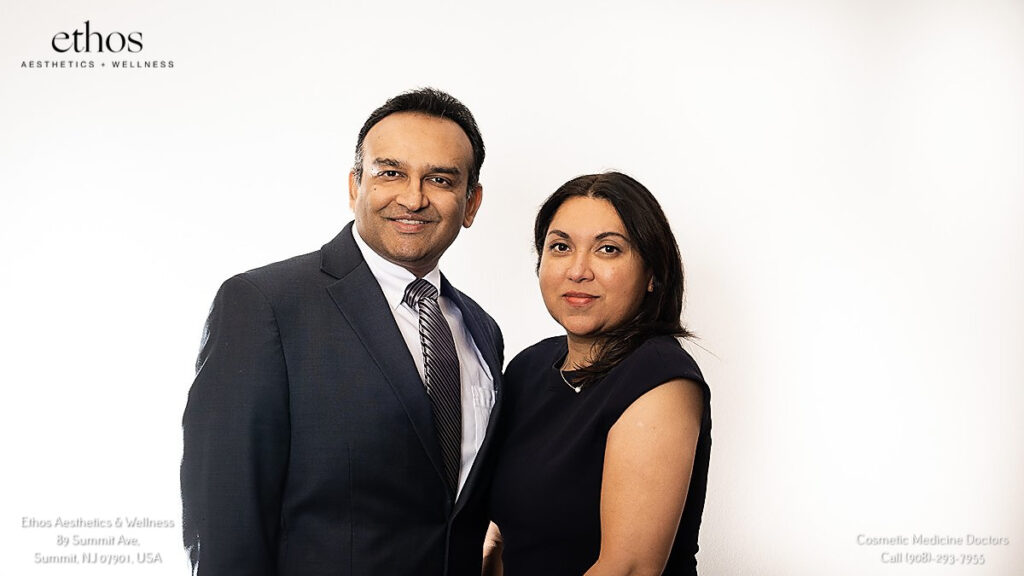
So, if you’re tired of dealing with pesky nose hair, laser hair removal might be the solution for you. It’s a safe and effective way to get rid of unwanted hair in the nose area, and the process is relatively quick and painless.
Just be sure to consult with a professional to discuss your options and ensure that you’re a good candidate for this treatment. Say goodbye to nose hair and hello to smooth, hair-free nostrils!

